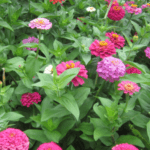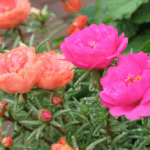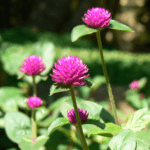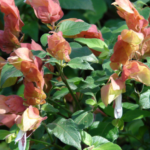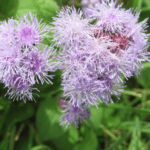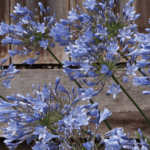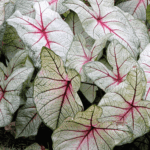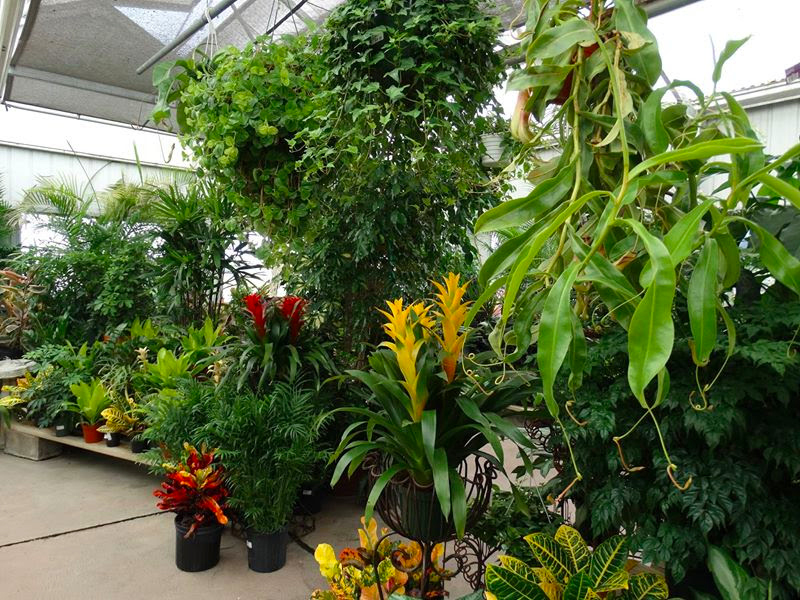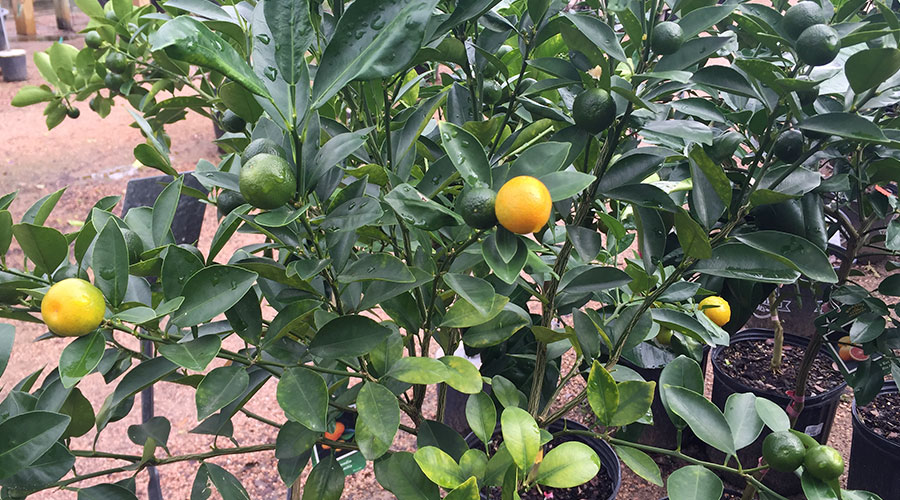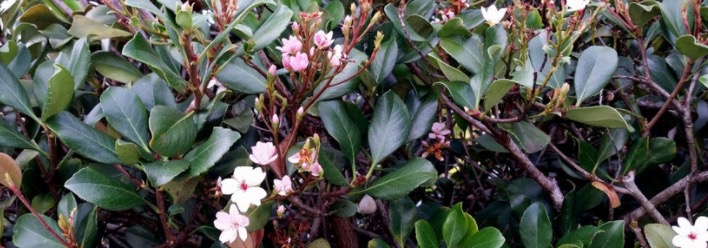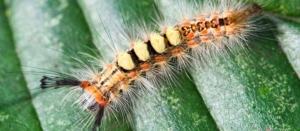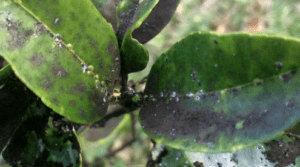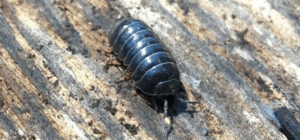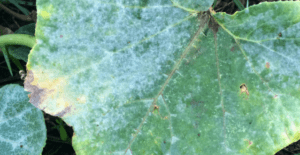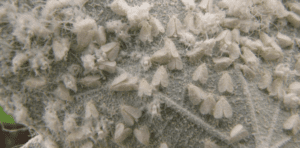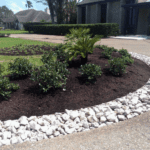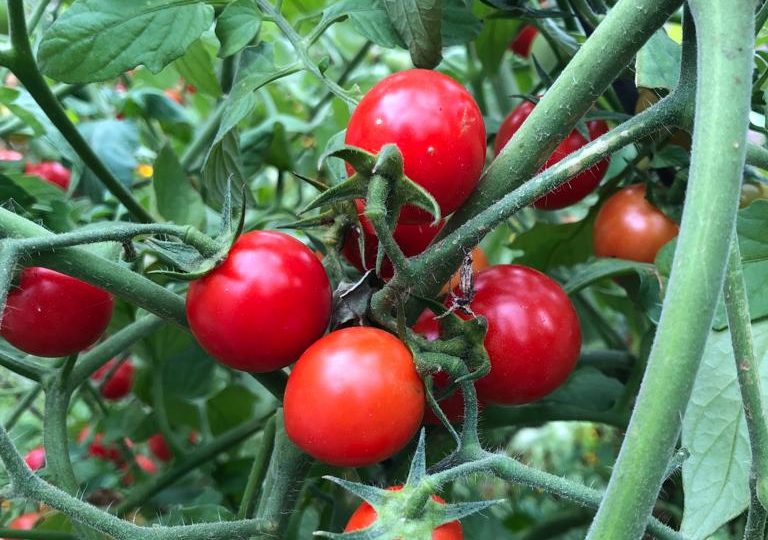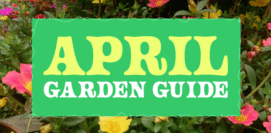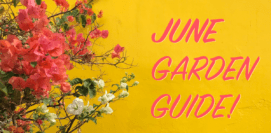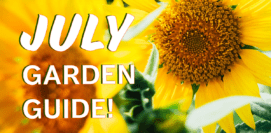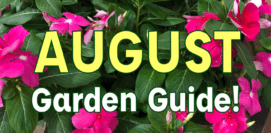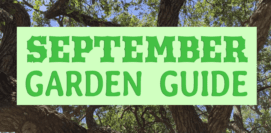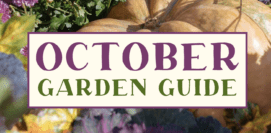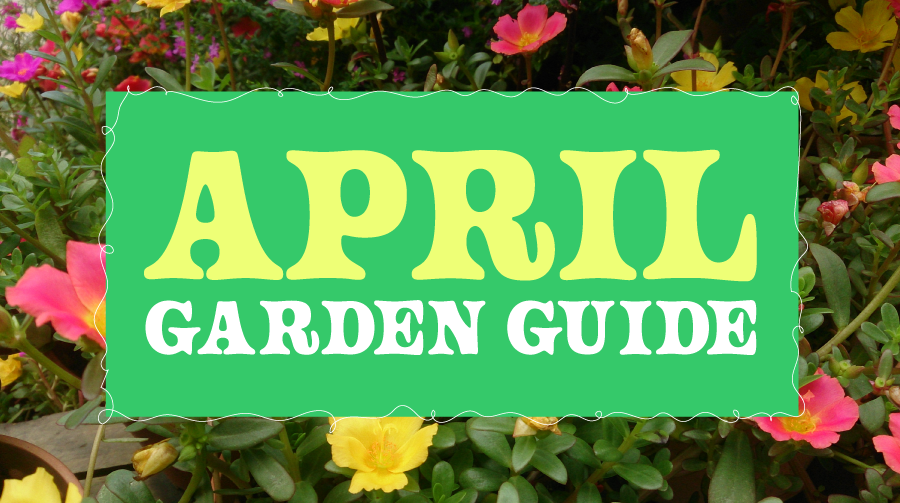
What To Plant
Late spring/summer blooming annuals and perennials:
For sunny areas:
Zinnias, periwinkles, moss rose, purslane, lantana, blue daze, false heather, salvia, ice plant, gomphrena, ruellia, coreopsis, and pentas.
Read: Create Your Own Butterfly Garden
For shady areas:
Shrimp plant, ageratum, agapanthus, caladiums, coleus, begonia
Vegetables
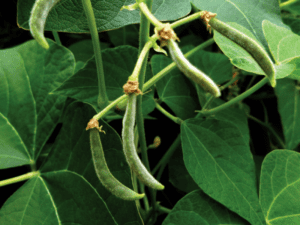 Seeds:
Seeds:
Okra, beans, black eyed peas, watermelon, ornamental gourds, cantaloupe
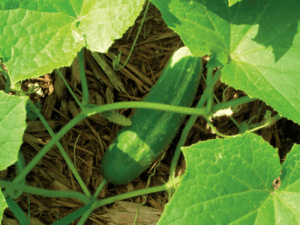 Transplants:
Transplants:
Peppers, cucumbers, squash, eggplant, okra
Indoor Plants
Pro Tips for Houseplants
- If your houseplant looks unhappy, think location first. It may need to be moved to a different spot with different lighting.
- Keep them away from the AC vents (they like humidity and the AC dries them out)
- General rule for watering; water well then re-water once the soil feels dry to the touch
- Spring is time to start fertilizing your houseplants. Your plants will love organic Hasta Gro
- If they are getting too big for their pots, bump up to a slightly larger pot. Watch video
Read: Plants, the Perfect Rx for Clean Air, Pro Planting Tip: Not Too Deep
Fertilize
Established citrus trees
(3 years or older)
Fertilize organically with Citrus Tone, Medina Growin’ Green, Hasta Gro, or Plant Tone.
Azaleas, gardenias, and magnolias
Fertilize organically with Maestro Gro-Rose Glo, or Espoma Azalea Tone.
Annuals and perennials
Fertilize organically with Medina Growin’ Green, Hasta Gro, Maestro Rose Glo, PlantTone, or conventionally with Hibiscus Food.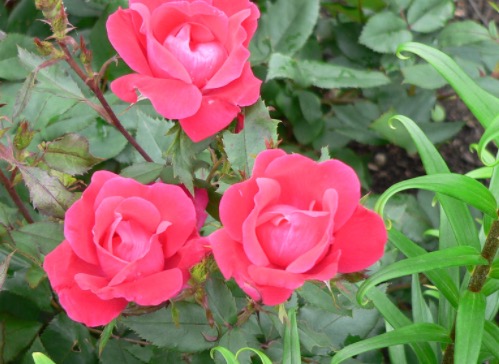
Established roses
Treat organically with Maestro Rose Glo, PlantTone, or conventionally with Hibiscus Food
Trees and shrubs
Fertilize trees organically with Medina Growin’ Green or Milorganite. Feed shrubs organically with Medina Growin’ Green, Plant Tone, or Liquid Hasta Gro.
Warm weather vegetables
Fertilize organically with Medina Growin’ Green, Hasta Gro, Maestro Rose Glo, or Plant Tone.
Watch Out For
Watch out for pest outbreaks on everything from vegetables to trees. They should be out in full force and hungry. Watch for powdery mildew and blackspot on roses.
Read: With The Spring Flush Comes Insects
 Caterpillars:
Caterpillars:
Treat organically with Spinosad or Thuricide, or conventionally with Cyonara.
Read: Caterpillar Alert!
Read: Are Your Bougainvilleas Being Chewed?
 Scale:
Scale:
Treat organically with Neem Oil Spray, Spinosad Soap, Bee Safe 3 in 1, or conventionally with Cyonara.
Read: Does Your Hackberry Have Wooly Aphids?
 Beetles, Aphids:
Beetles, Aphids:
Treat organically with Spinosad Soap, Diatomaceous Earth, Bee Safe 3 in 1, or conventionally with Cyonara.
 Fungus, Powdery Mildew:
Fungus, Powdery Mildew:
Treat organically with Neem Oil or Revitalize Fungicide 5, or conventionally with Fertilome Broad Spectrum Fungicide, Systemic Fungicide
 White Fly:
White Fly:
Treat organically with Insecticidal Soap, Neem Oil, Bee Safe 3 in 1, or conventionally with Cyonara.
Mulch
Apply mulch around trees, flowerbeds and vegetable gardens to reduce weeds and help retain moisture. Good mulch layer = less watering!
We recommend: Hardwood, black velvet, cedar, and pine straw mulch. These reduce weeds well and will not float away. They're all natural and will break down over time and add nutrients to your soil. Plus, they keep underlying roots up to 20 degrees cooler!
Lawn Care
Fertilize when the grass is actively growing
Feed organically with Medina Growin’ Green or Milorganite. Organic lawn food is best for long-term root and soil health.
Eliminate broadleaf weeds
Treat with Ortho Weed B Gon for Southern Lawns for broadleaf weeds, Image for grassy weeds and sticker burrs.
If you treat for weeds, wait 3 weeks before you fertilize.
Read: Time to Fertilize and Get Rid of the Weeds!
Lay new sod
Lay new sod or plant Bermuda seed anytime this month.
Read: St. Augustine Turf Grass: Varieties We Sell and Their Characteristics
Watch: How to Repair Dead Patches in Your Lawn
Watch: How to Collect a Grass Sample
Water
*While turfgrass lawn watering with city water is prohibited during current watering restrictions, residents can use free reclaimed water from the Oso Wastewater Treatment Plant. Apply for a permit here. Residents can also hand water trees, which should be done at the drip line, therefore lawns can get some benefit from good tree watering.
